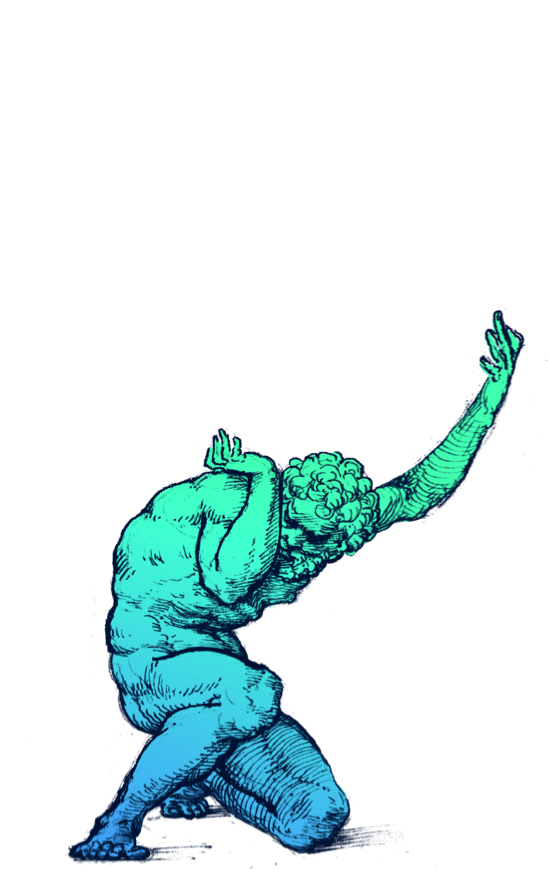Julia Hartz
I mean it's been happening all along, but I think it really came to the forefront because we wanted to use the journeys of these event creators to tell our own story, and that it wasn't just about Eventbrite, and that there was color. And the importance of the color was that not many people understood our market before we went public. We were telling this to a much broader audience of people who were going, "Okay, so how are you different from ticket master? Like what's it?" So we needed a vehicle and we decided that the event creators, and their journeys and their stories would be the vehicle, and in the course of that we would help amplify their stories to the world.The third objective was to raise the proceeds that we needed, that we wanted to add to our balance sheet, not too little, not too much, and to add world class investors to the conversation, and to welcome them in. And I would give the team a lights out grade on all three. And I think because of that, because of that intention and because of our execution of our IPO and these objectives, it was a really positive experience for us. So yes, it's expensive. Yes, it takes a lot of time. But if you have intention and through our framework we use objectives, but if you have a clear intention, it can be a very positive moment and momentum builder for the company. And so we come out of it a stronger company, which I don't know if a lot of people feel that way once they go through that process. We also rang the bell on September 20th. So we had the benefit of getting through our IPO journey quickly, and decisively and getting out before the wobbliness of the market. And so I feel very fortunate that we were able to do that. But that's just a moment in time, it's like a celebration of the work that you did to raise the money and to become public. And now we are going to operate the business and we get to grow the business as a public company. And that's obviously where the real work is.
